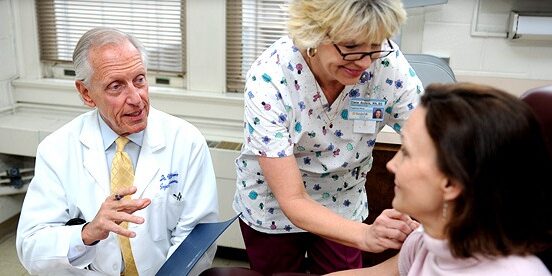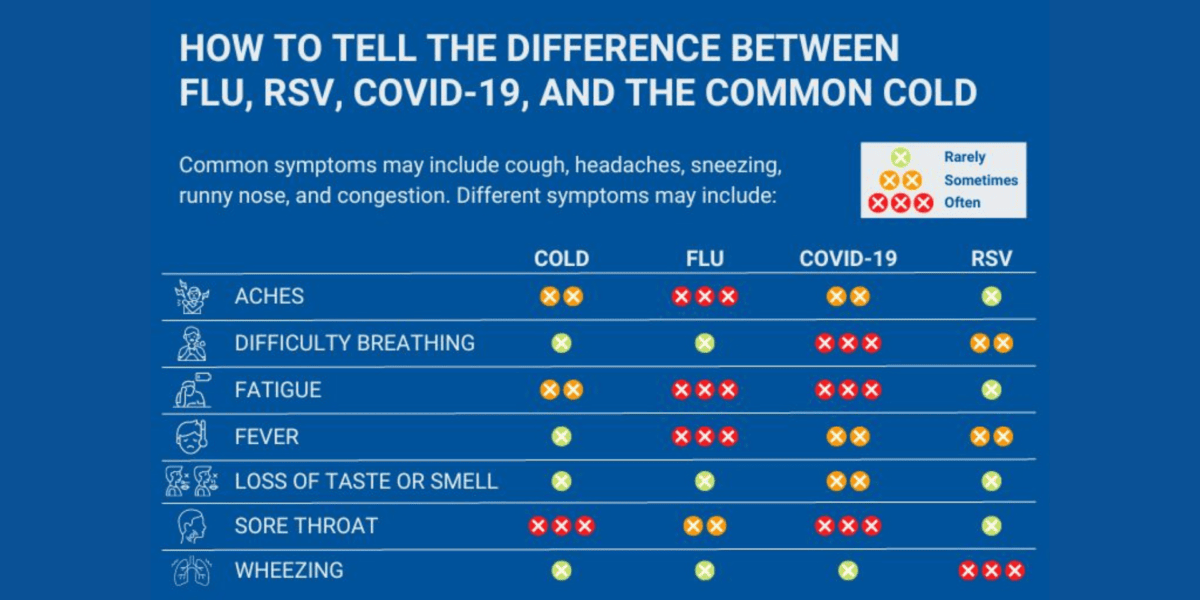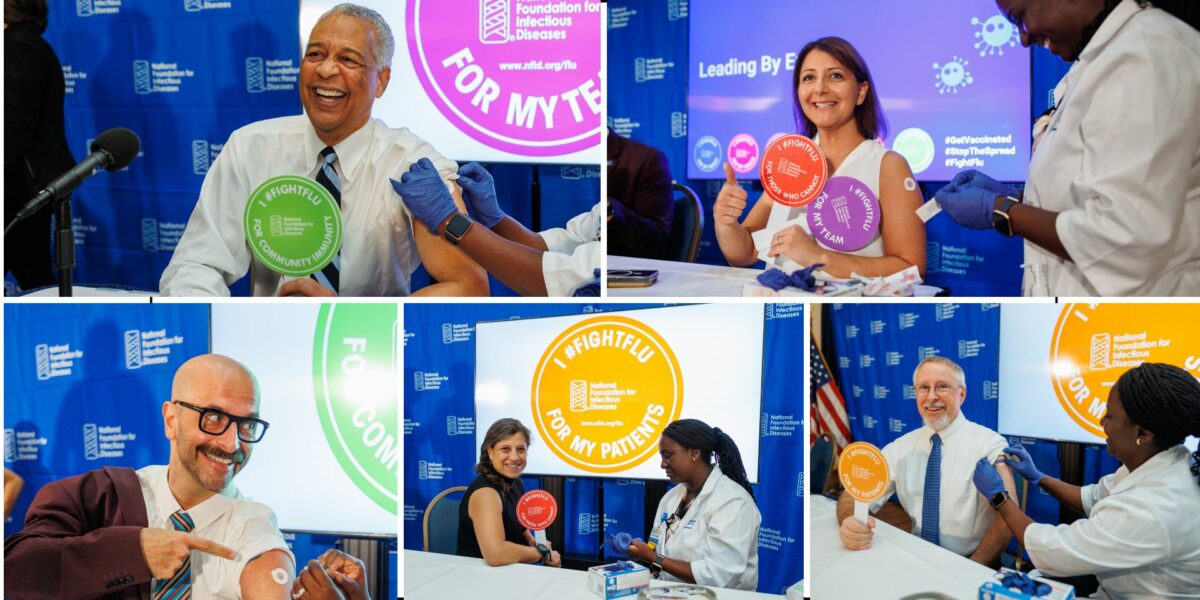
Special thanks to William Schaffner, MD, NFID Medical Director and Professor of Preventive Medicine and Infectious Diseases at Vanderbilt University School of Medicine, for this guest post about the importance of pneumococcal vaccination for all adults age 65 years and older.
A Dangerous Disease You Can Prevent
There’s a disease that kills up to 18,000 US adults age 65 years and older each year. It causes pneumonia, bloodstream infections (sepsis), meningitis, and ear and sinus infections. As many as 900,000 US adults contract it each year — 400,000 of whom require hospitalization. Pneumococcal disease is a serious concern for anyone over the age of 65, but there is some very good news: there are safe and effective vaccines to help prevent it.
While those with chronic health conditions such as heart disease, diabetes, asthma, cancer, or HIV, or those who smoke are at highest risk of dangerous complications from pneumococcal disease, anyone over the age of 65 can suffer serious and long-term health complications.
Linda Ohri shared the story of her friend and ‘second mother’ who contracted pneumococcal disease. As an otherwise healthy, active woman in her 80s, she was not aware there was a vaccine to help prevent the disease. After contracting pneumococcal disease, she essentially lost three months where she was mostly confined to her home, and struggled to recover her previously robust health. She was fortunate in that she ultimately did recover, but the outcomes could have been far worse.
https://youtu.be/ZJ8BQrCUbE0
While you may not have heard of pneumococcal disease, it’s important to start thinking about it now that flu season has begun in the US, because influenza (flu) can actually make people more susceptible to bacterial pneumonia, which can cause serious complications or even death. Pneumococcal disease is easily passed through saliva by coughing, sneezing, or even sharing a drink.
Fortunately, just as there are vaccines to help prevent flu, there are also vaccines to help prevent pneumococcal disease. A dose of both the pneumococcal conjugate vaccine (PCV13, Prevnar®) and the pneumococcal polysaccharide vaccine (PPSV23, Pneumovax®) are recommended for all individuals age 65 years or older.
But 67 million adults in the US remain unvaccinated against this deadly disease.
Now is the time to focus on protecting yourself and your loved ones. Don’t delay! The Centers for Disease Control and Prevention (CDC) recommends that adults at high risk of pneumococcal disease receive a dose of both pneumococcal vaccines, PCV13 and PPSV23, to fully protect themselves against this deadly disease. For additional information about pneumococcal disease, visit www.adultvaccination.org/pneumococcal.
To join the conversation, follow NFID on Twitter (@nfidvaccines), like us on Facebook, join the NFID Linkedin Group, and subscribe to NFID Updates.
Related Posts

Harnessing the Power of Local Data
NFID dashboard aims to empower stakeholders with hyperlocal data to increase US adult respiratory vaccine uptake

Is It Flu, COVID-19, or RSV? How to Tell the Difference
Is it a cold that is causing your cough or runny nose? Or could it be something potentially more serious? Although symptoms can be similar, treatment options may differ …

Help Prevent Flu, COVID-19, and RSV This Season
NFID and CDC experts urge vaccination to help protect against COVID-19, flu, pneumococcal disease, and RSV …
